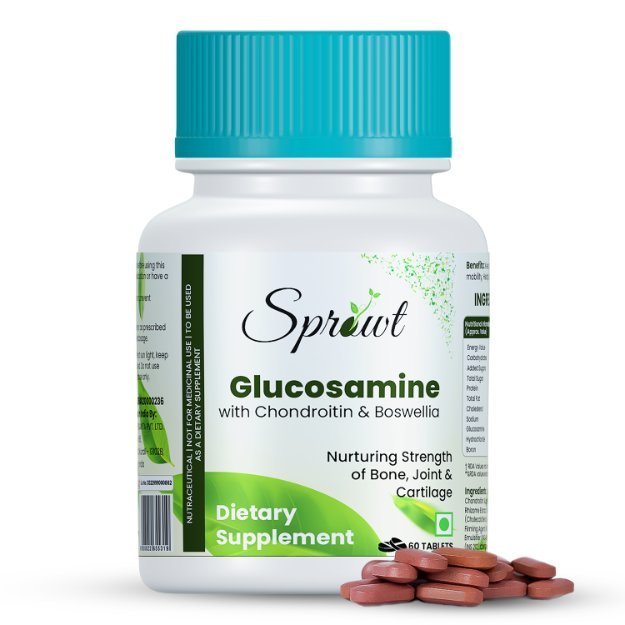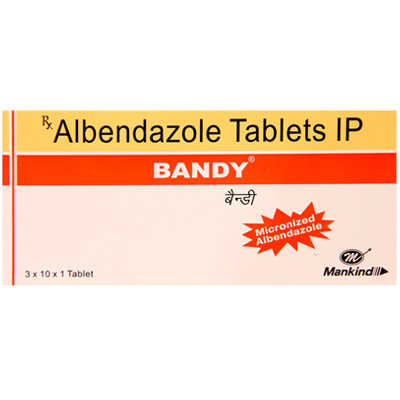Klorum, a prescription drug, is manufactured in various forms such as Capsule, Injection. Primarily, it is used for the treatment of Bacterial Infections. Klorum also has some secondary and off-label uses. These are listed below.
The right dosage of Klorum depends on the age, gender, and medical history of the patient. Dosage also depends on the route of administration and your chief complaint for which the drug is prescribed. Detailed information has been provided in the dosage section.
While these are the most often observed Klorum side effects, there are can be others also. These have been listed below. Such side effects of Klorum normally do not last long and go away once the treatment is completed. Consult your doctor if these side effects become worse or stay for a longer duration.
Klorum's effect during pregnancy is Severe and Severe while nursing. Further, the section on Klorum related warnings talks about Klorum's effects on the liver, heart and kidney.
Klorum can cause adverse effects in certain medical conditions. It is strongly recommended to avoid Klorum in conditions like Kidney Disease, Liver Disease. The section on Klorum contraindications lists all such conditions.
Besides this, Klorum may also have severe interaction with some medicines. Refer to the list below for further details.
In addition to these precautions, you may also note that Klorum is safe while driving, and is is addictive in nature.
X
























